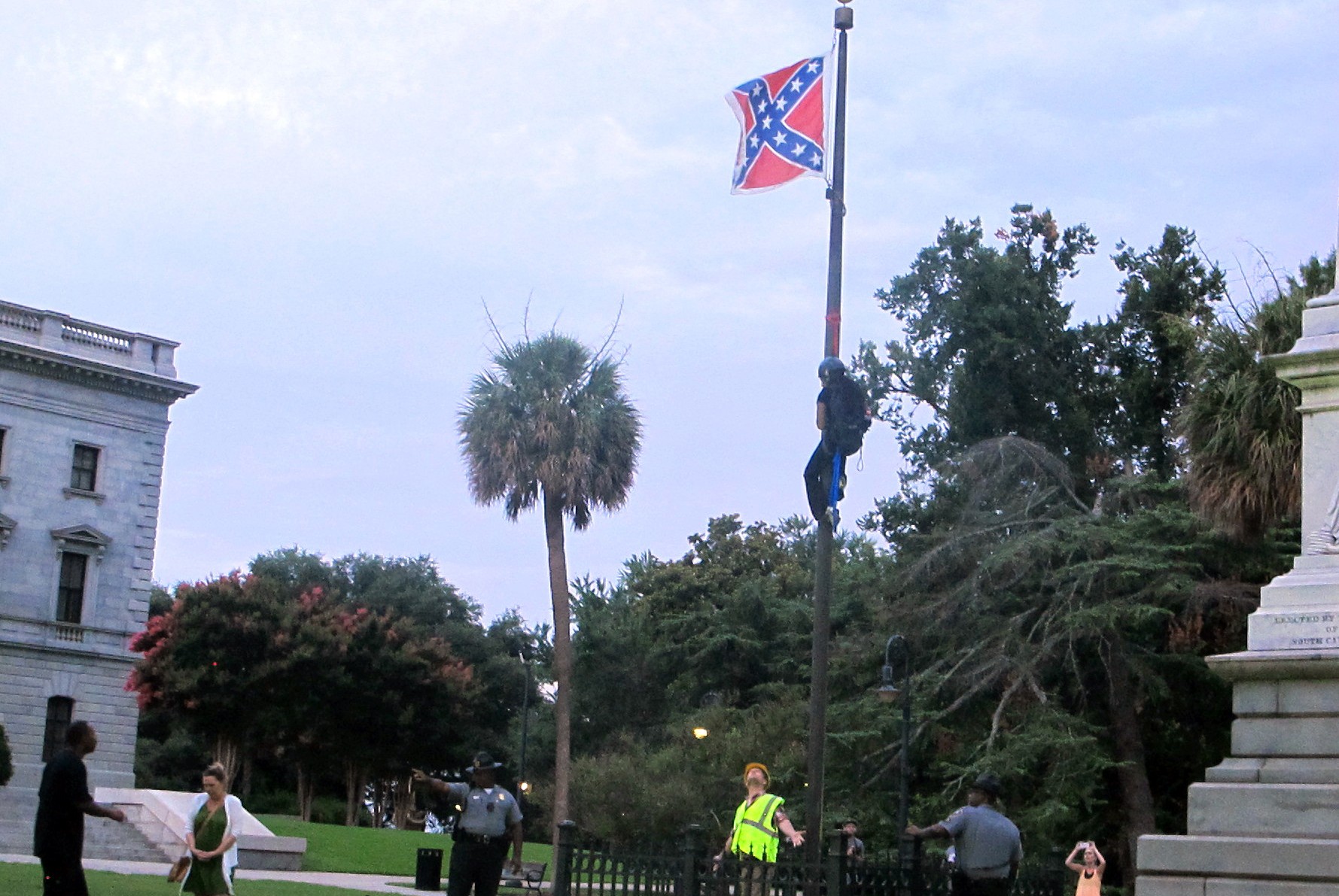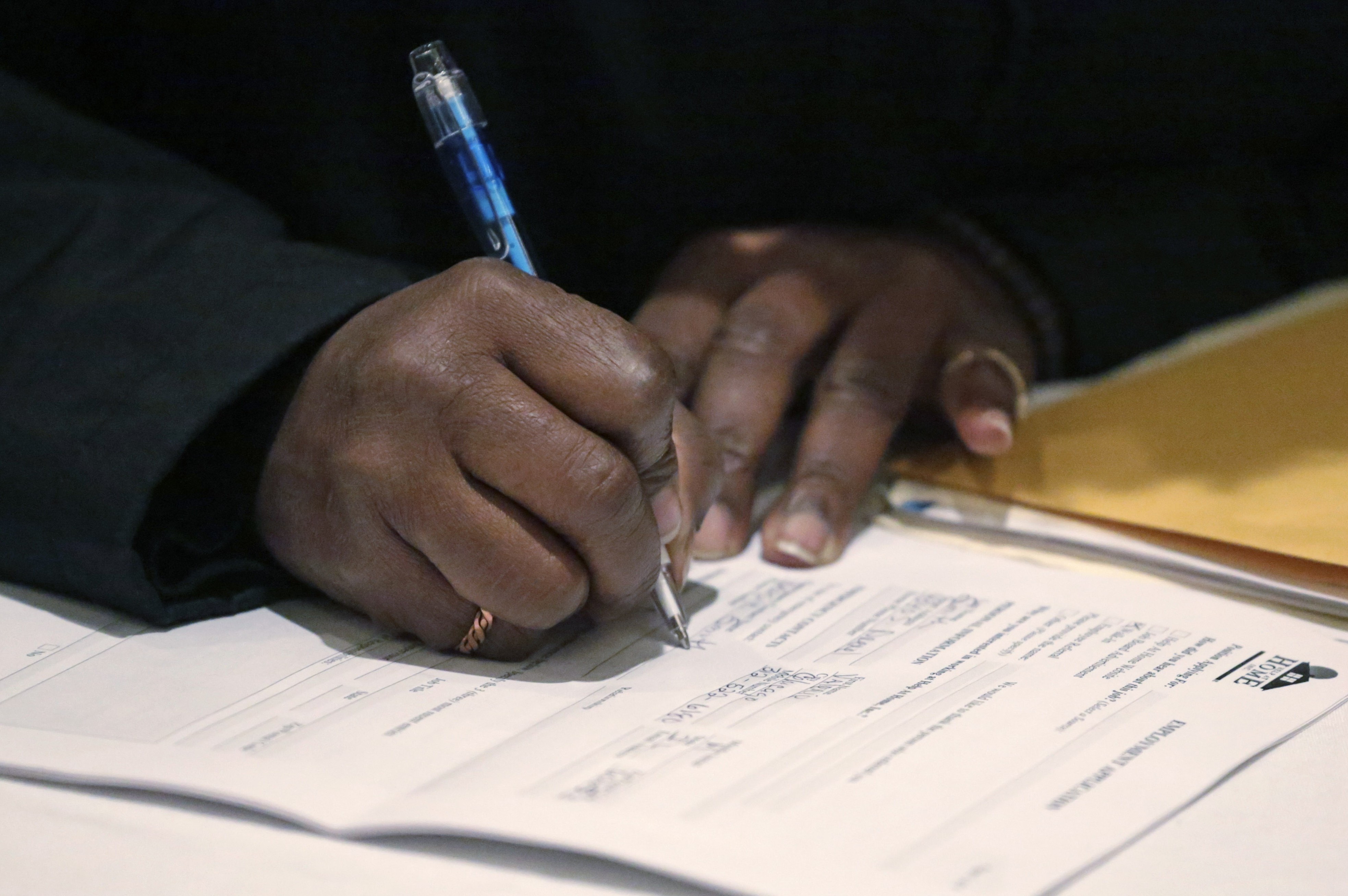The Hollywood class has weighed in, and there’s a consensus that NBC’s television event The Wiz Live! was an artistic and critical sensation. Viewed by some 11.5 million children and adults, the live musical—an African American version of The Wizard of Oz—was more than a theatrical triumph. It was a timely political statement and a cogent reminder that not only do Black lives matter, but our progressive values matter too.
Political agendas are often foisted onto moments of pop culture in clumsy and disingenuous ways. But for many Black people, myself included, The Wiz has always been more than a cultural interpretation of the beloved children’s book—it stands as a shining example of Black excellence and social progress.
In 1974, when the original stage musical premiered at a regional theater in Baltimore, Maryland, The Wiz epitomized the progress of the era. Social and economic reforms catalyzed by the Civil Rights Movement had created new entry points to the middle class and increased opportunities for African-American representation. These changes paved the way for a bold retelling of author L. Frank Baum’s 1900 children’s classic with an all-black cast and brazen cultural bend. That it went on to win seven Tony Awards, including the award for Best Musical, demonstrated a growing celebration of Black culture and identity.
Even more than the incarnations before it, The Wiz Live! carries on this affirmation of Black life through a progressive political lens, particularly in its decision to highlight feminist and queer themes within the show’s broader context of racial liberation. For example, Dorothy is presented as a savvy young woman who is endowed with a principled agency to act on behalf of herself and others; she is wide-eyed and innocent, sure, but she is also a cunning and charismatic leader who isn’t afraid to shut down casual micro-aggressions of sexism and patriarchy.

Queer culture and identity, too, are openly embraced in the world of The Wiz Live!—from Queen Latifah’s gender-bending portrayal of the Wiz, to choreographer Fatima Robinson’s Emerald City homage to the art of vogue, a style of dance that originated in the Black queer ballroom scene of the 1980s.

Moreover, the reimagined world of The Wiz Live! establishes economic justice as a central pillar of a broader racial justice movement. In this Oz, evil frequently operates at the intersection of moral and economic considerations: the insidious danger of the Poppies lies in their penchant for pressing their unsuspecting victims into harsh tours of indentured servitude; likewise, the Wicked Witch of the West, Evillene, runs a massive sweatshop empire fueled by corporate greed and worker exploitation.
These dangers are juxtaposed against the interests of a cadre of central characters who are vividly portrayed as working class: Dorothy who comes from humble rural roots; the Scarecrow, who is literally begging for change so he can purchase the ability to forge a better life for himself; and even the Tin Man, a day laborer by trade who is rusted solid while on the job. Together with the Cowardly Lion, their journey to see the Wiz becomes a salient example of collective action for economic justice—they are unable to achieve their ultimate goals separately, so they join together to overcome their shared challenges.
Get TalkPoverty In Your Inbox
The show’s examination of the value of Black work takes on added meaning when one considers the effort that made the live production possible. In the same manner that past incarnations of The Wiz epitomized Black excellence for previous generations, The Wiz Live! demonstrated modern Black excellence at it’s finest, filled with dazzling artistic and technical performances. While seemingly superficial and indulgent, the fact is that the production was a record-breaking, expectation-defying success for one of the country’s largest media outlets matters. In a world where Black achievement is constantly under attack, public demonstrations of Black merit become revolutionary political acts.
The Wiz Live! was a dynamic, unabashed declaration of Black life—the joy and brilliance of Black people that undergirds our ability to thrive, even in the face of pervasive anti-black sentiment and violence against our bodies. It was a progressive political affirmation of Black beauty, talent and resilience. More importantly, it was a potent reminder that the real power to create change lies in our ability to come together around shared goals and values.










